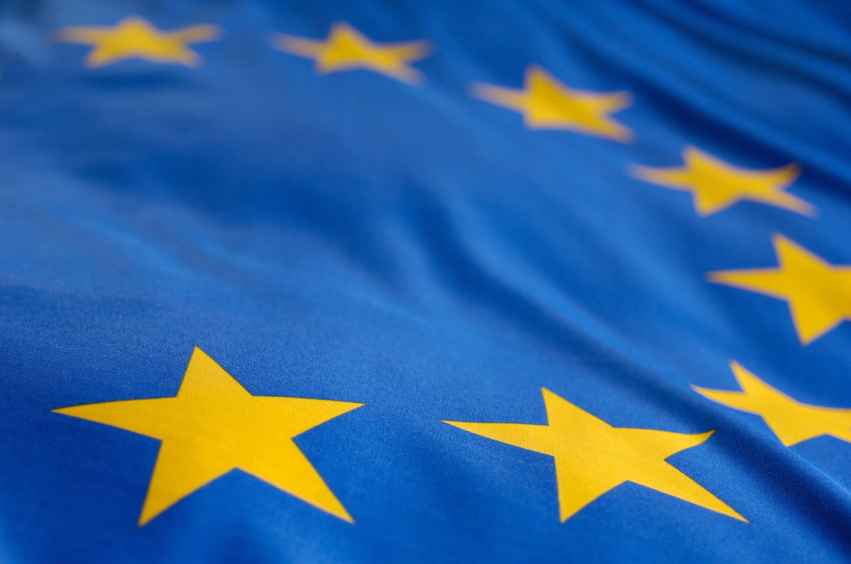EU member states and lawmakers have prepared a first draft of the EU regulation in cyber security that will force companies to improve security and report security breaches and cyber incidents.
EU member states plan to impose rules in the company to prevent cyber attacks, on Monday they agreed the first draft of the regulation that will force companies in various industries to increase cyber security and disclose any incident reporting it to the authorities.
The regulation will impact any sector, including financial, health care and transportation.
“This agreement is a major step in raising the level of cybersecurity in Europe, one of the objectives of the EU cybersecurity strategy and a cornerstone in our efforts towards a Digital Single Market” the European’s Union’s digital commissioner Guenther Oettinger wrote on his blog.
The EU regulation will oblige IT giants, Internet and cloud service providers, and online marketplaces like Amazon, eBay, and Google to ensure the safety of their infrastructure and to disclose and share information about major incidents.
In this phase small digital companies will be exempted from the rules, however I believe that the regulation will be adapted to consider in the future also the specific situation of this category of businesses.
As explained by Oettinger, the EU regulation is a necessary action to respond to the cybercrime and mitigate its impact on the economy of the EU.
“Every day, cybercrime and cyberattacks cause major economic damage to European businesses and our economy. This amounts to hundreds of billions of euro each year. Even ordinary families and children cannot escape this risk.” Oettinger says. “I will not sit back and let these criminals and cyber terrorists attack our businesses, intrude into our private lives and destroy trust in our digital economy and society,”
The new EU rules in cyber security will act on three levels:
- improving cybersecurity in EU countries by forcing Member States to have a national strategy.
- improving cooperation between Computer Security Incident response teams of the State Members and to share information about cyber attacks and risks.
- forcing companies that provide essential services (i.e. power companies, financial institutions, transport providers, healthcare and digital infrastructure) to take appropriate security measures and inform the authorities when they suffer a major cyber incident.
“The rules will make digital networks and services more secure and reliable. Consumers will have more confidence in the technologies, services and systems they rely on day-to-day. The EU economy will benefit as sectors that depend on Network and Information Security will be backed up by cybersecurity teams at home and across Europe. Governments and businesses can be confident that digital networks and critical infrastructure such as the electricity, gas and transport sectors can securely provide their essential services at home and across borders. ” continues the post.
The new rules will impact also companies that operate in the IT sectors but that rely on technologies to provide their services, gas and transport sectors “can securely provide their essential services at home and across borders,”.
The EU regulation in cyber security has to be approved by the European Parliament, but cyber security experts believe that the 28 EU member states will accelerate the process for the criticality in the field.



